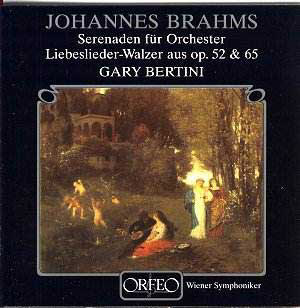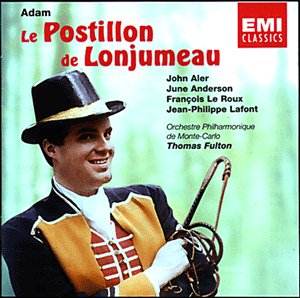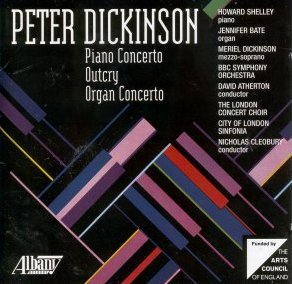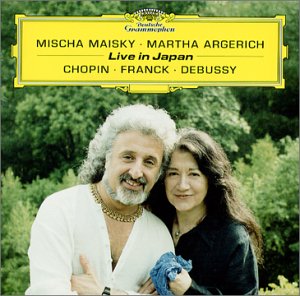 Composer: Richard Strauss
Composer: Richard Strauss
Works: Elektra (opera), Various arias
Performers: Astrid Varnay (sop), Elena Nicolaidi (cont), Irene Jessner (sop), Herbert Janssen (bar), New York Philharmonic Orchestra; cond. Dimitri Mitropoulos
Recording: Live performance given in Carnegie Hall, December 25, 1949
Label: Guild Historical Immortal Performances Series GHCD 2213-2214
Richard Strauss’s Elektra, composed in the wake of the First World War, emerges as a pinnacle of expressionist opera, marked by its visceral emotional intensity and complex orchestration. This recording, featuring a live performance from Carnegie Hall on Christmas Day 1949, encapsulates a moment in operatic history when the genre was evolving in response to the tumult of the preceding decades. The performance is particularly noteworthy not only for its historical context but also for the interpretive choices made by the performers, which breathe both life and urgency into the score.
The conductor, Dimitri Mitropoulos, leads the New York Philharmonic with a compelling fervor that underscores the opera’s dramatic tension. His interpretation captures the searing dissonance and rich orchestral textures that characterize Strauss’s writing, offering listeners an experience that is both raw and refined. Although this rendition is not textually complete, lasting 91 minutes with several excisions, the vitality of the orchestral performance compensates for this, revealing a sense of immediacy that is often lacking in studio recordings. The orchestration, with its intricate interweaving of motifs, is rendered with clarity, allowing the listener to appreciate the nuanced dynamics and emotional shifts that Strauss so masterfully composes.
Astrid Varnay’s portrayal of Elektra is a tour de force. While her vocal technique may not align with the strictest modern ideals, her dramatic commitment and interpretative depth are unparalleled. Varnay embodies the tortured psyche of Elektra, infusing her performance with an unyielding intensity that captures the character’s obsession and anguish. Her voice, though occasionally flawed in purity, resonates with a visceral power that commands attention. The contrast with Elena Nicolaidi’s Klytemnestra is striking; Nicolaidi’s somewhat stately approach emphasizes the character’s regal bearing, but this can at times feel restrained when the role demands a more ferocious declamation. Herbert Janssen’s Orestes presents a solid, if slightly perfunctory, portrayal, lacking the emotional depth found in Varnay’s performance.
The recording quality, derived from line transcription discs, has undergone restorative techniques that preserve the rawness of the live performance. While some grit and ticks remain, they do not significantly detract from the overall experience. Instead, this preservation of imperfections allows the listener to engage more deeply with the performance’s immediacy, as if stepping into the Carnegie Hall of 1949. Although the sound quality does not reach the heights of contemporary recordings, it bears a certain charm that evokes the atmosphere of the time.
Varnay’s additional arias, including selections from Oberon and Boccanegra, provide a fascinating contrast and showcase her versatility across the operatic spectrum. These segments, particularly her interpretation of Senta’s Ballad, reveal the evolution of her vocal style and offer insight into her artistry in the years leading up to this performance. The sound quality in these later tracks is noticeably poorer, but they still serve as a testament to her remarkable ability to inhabit diverse roles.
This release contributes a significant document to the discography of Elektra, complementing established recordings by conductors such as Sir Georg Solti and Giuseppe Sinopoli. While those versions may boast superior sound engineering and a fuller textual realization, the raw emotional power and historical significance of Mitropoulos’s interpretation make this recording an essential addition for both Strauss enthusiasts and operatic historians alike. The fervent performances, particularly Varnay’s electrifying portrayal, elevate this recording into the realm of must-have opera, inviting listeners to not only experience a performance but to engage with the very essence of Strauss’s dramatic vision.



